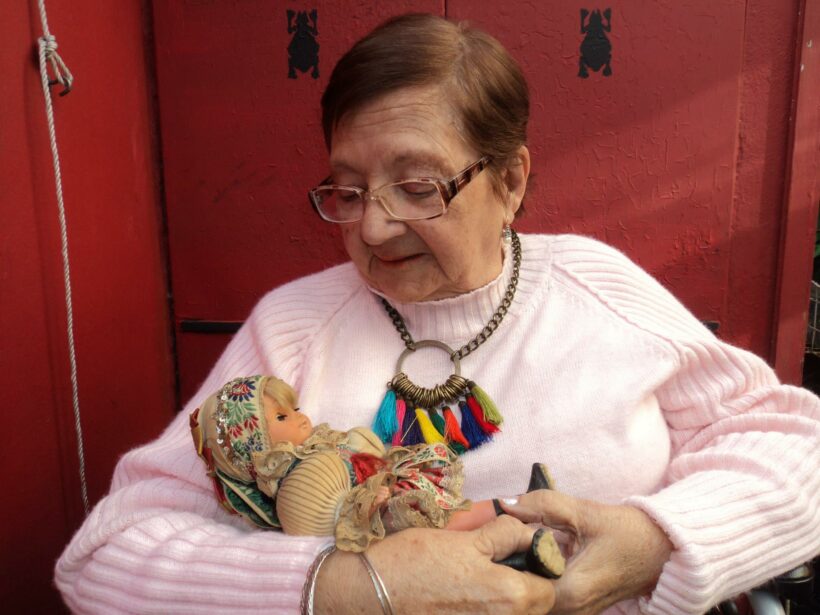The literature says that we come into the world fragile and dependent and that through others we become human.
By Claudia Mónica García
That we then internalise parental figures that will be the scaffolding (in the best of cases) of a “calcification”.
of an “emotional calcification” that will accompany us in the course of our lives.
That we also have “defence mechanisms” to cyclically deal with what we can, yes… with what we can.
The dementias of our parents, confronts us with an emotional landscape that leads us to emotional and physical bypasses and positions us in the lineage, as a mirror in the face of helplessness.
The body, the place we inhabit, becomes a space that witnesses the passage of time and the psyche, an “intangible space” does the same.
Dementias devastate…they devastate our relationships, the place we occupy, the times, the family configurations, the subjective look before the one who is no longer the one I visit.
In this mis encounter with the one I see and who is leaving, with the one who is gradually departing,
I can remain in denial and not recognise or signify the original bond, recover and be with the one who, painfully for me, presents himself to me almost daily, expectant.
I feel overwhelmed. Anger. Guilt. Reparation. Weeping. Semi-orphanhood. Management. Empathy. Presence.
For those of us who accompany, it is noble to know that the range of emotions is legitimised and that it is time to thank, to be grateful, to accompany, to dialogue. The know of
their eyes tell us so and their skin receives our tenderness.
Words and caresses are real channels of communication, moments that internalise coded encounters of a passage tinged with love and lullabies as when we were fragile nascent subjects.










